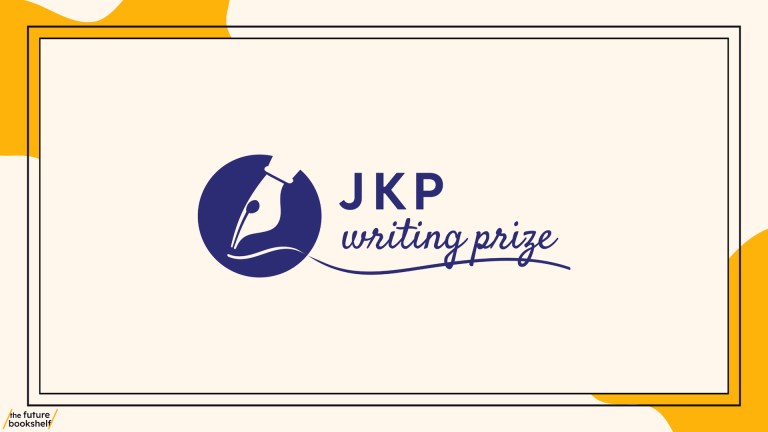‘Avoid common mistakes when pitching’
When you approach an agent or publisher, don’t fall into these traps…
from Katherine Grubb’s Write a Novel in Ten Minutes A Day
The most common mistakes in queries
People can easily make serious mistakes in their query letter without realizing it. Here are some of the most common:
- Writing an overly cute, shocking or cheesy beginning to your query
Most agents would prefer you get to the point.
- Overwriting the summary
Keep this as short as you can make it. Your book may have a hundred characters, you may have many subplots and you may have dozens of settings, but in this summary, keep it as simple as you can.
- Overformatting the query
A query is a lot like a CV or résumé. It should look as professional as possible. Omit emoticons, coloured type, all caps or unusual fonts.
- Overstating your accomplishment
Writing a novel is a big deal and few people have done it, but agents receive thousands of query letters a year from people who have written a novel and want representation. If you claim yours is ‘the next bestseller’ or ‘just like Harry Potter’ or ‘better than James Patterson’, you’ll be seen as delusional and not taken seriously. Keep these thoughts to yourself.
- Quoting what others have said about your novel
Agents don’t care what your friend says (unless your friend is a literary great, and then only sometimes). This also smacks of unprofessionalism (perhaps even delusion) and is best left out of a query.
- What actor should play your characters in the film, or how this would make a great movie!
If authors are honest, they’ve already thought about this. They may have even ‘hired’ their dream director and written the movie score. While this is fun to think about, it will not impress an agent. Most literary agents don’t even deal with film rights, so comments like this are nonsensical and not worth mentioning.
- Your cover art ideas
Perhaps later, well after your representation contract is signed and you’ve had several conversations with your agent about the plan for this book, you can bring up your cover ideas – but only if your publisher gives you that freedom, and they probably won’t.
- Demands for payment
Even if mentioning this wasn’t completely arrogant, an agent is not the person who writes the cheques; the publisher it
- Your childhood fantasies
Don’t mention that you’ve been writing since you were five. Every writer can say that. It’s more important to say what you are doing with your desires now than what you did with them then.
Good luck!



